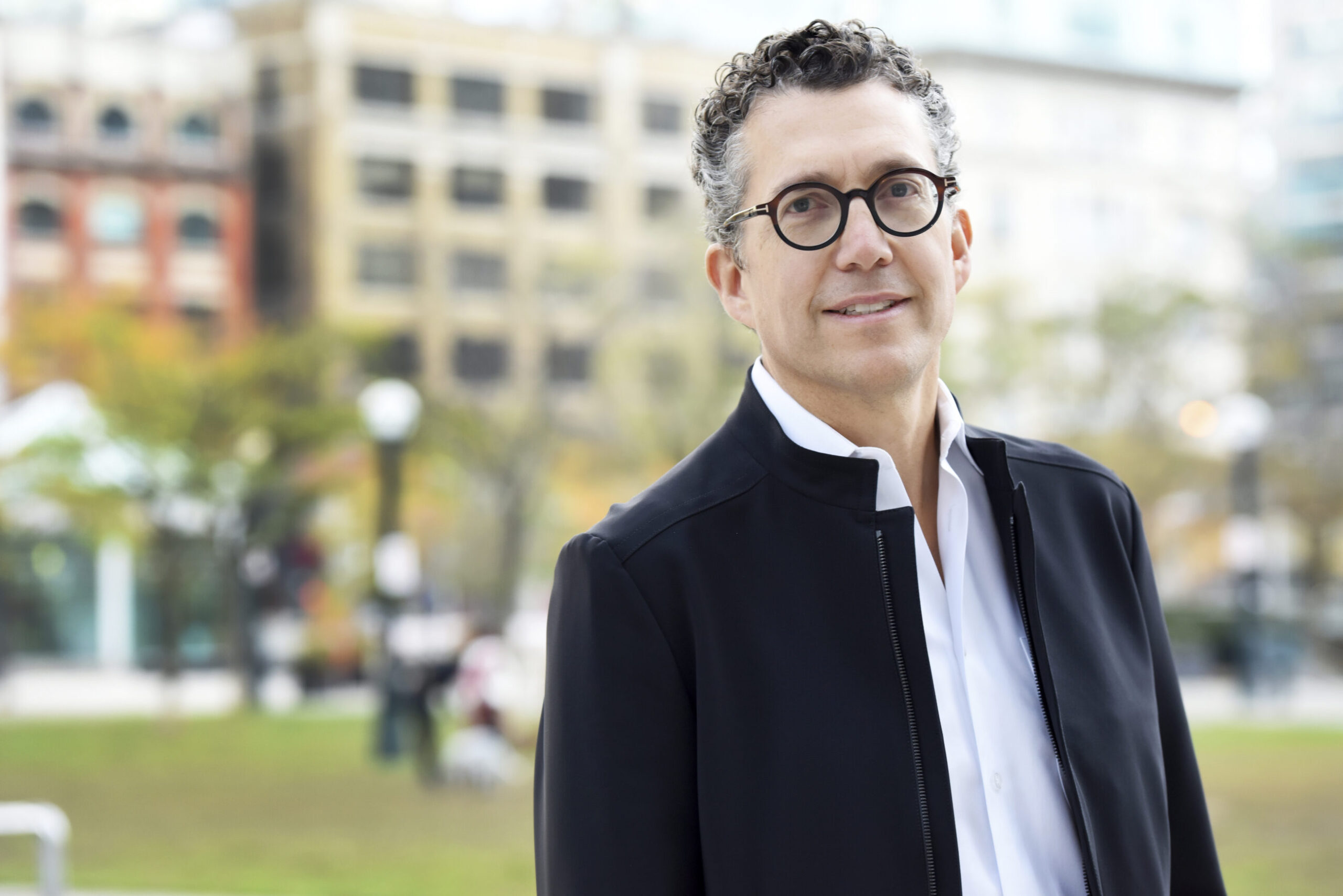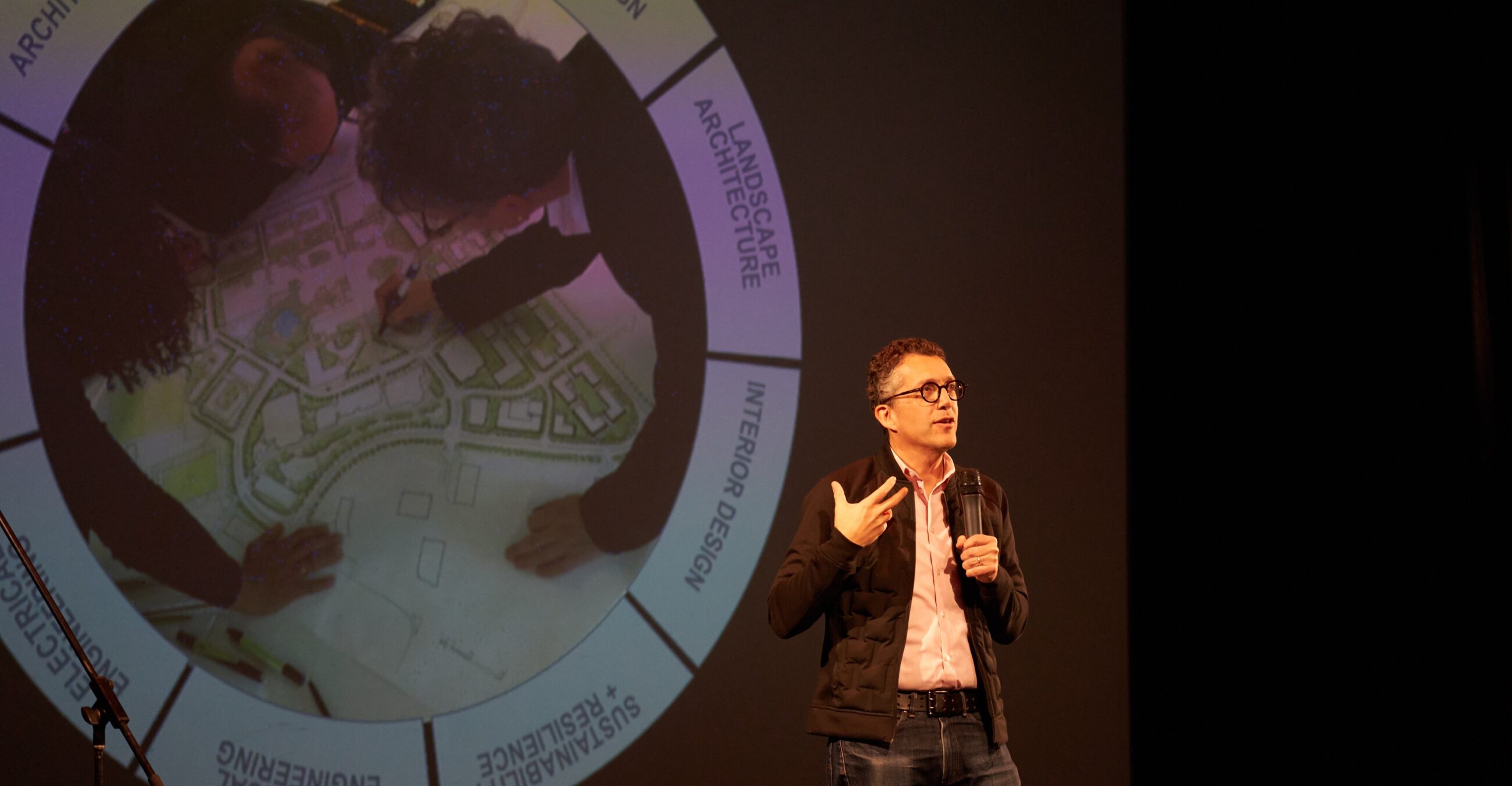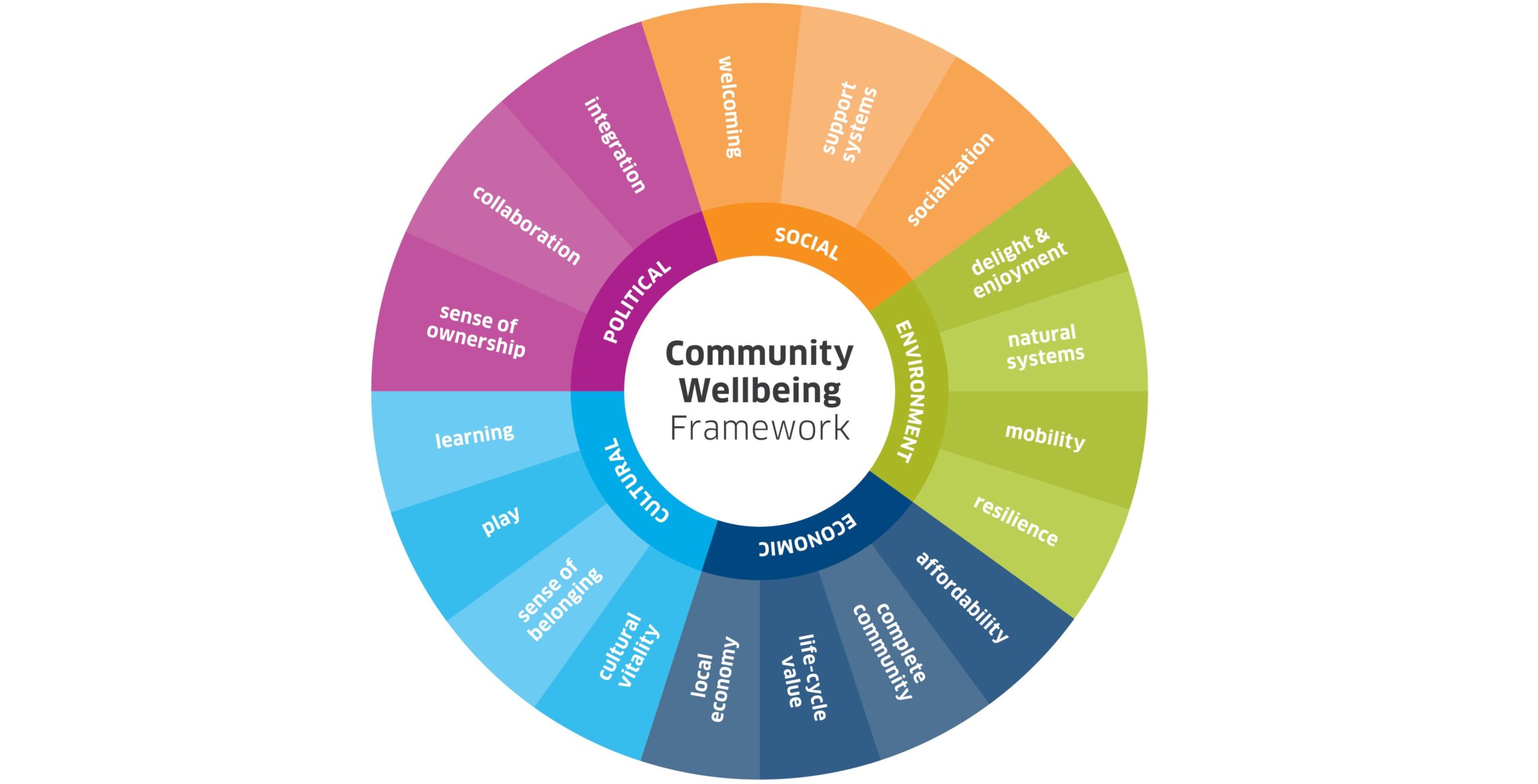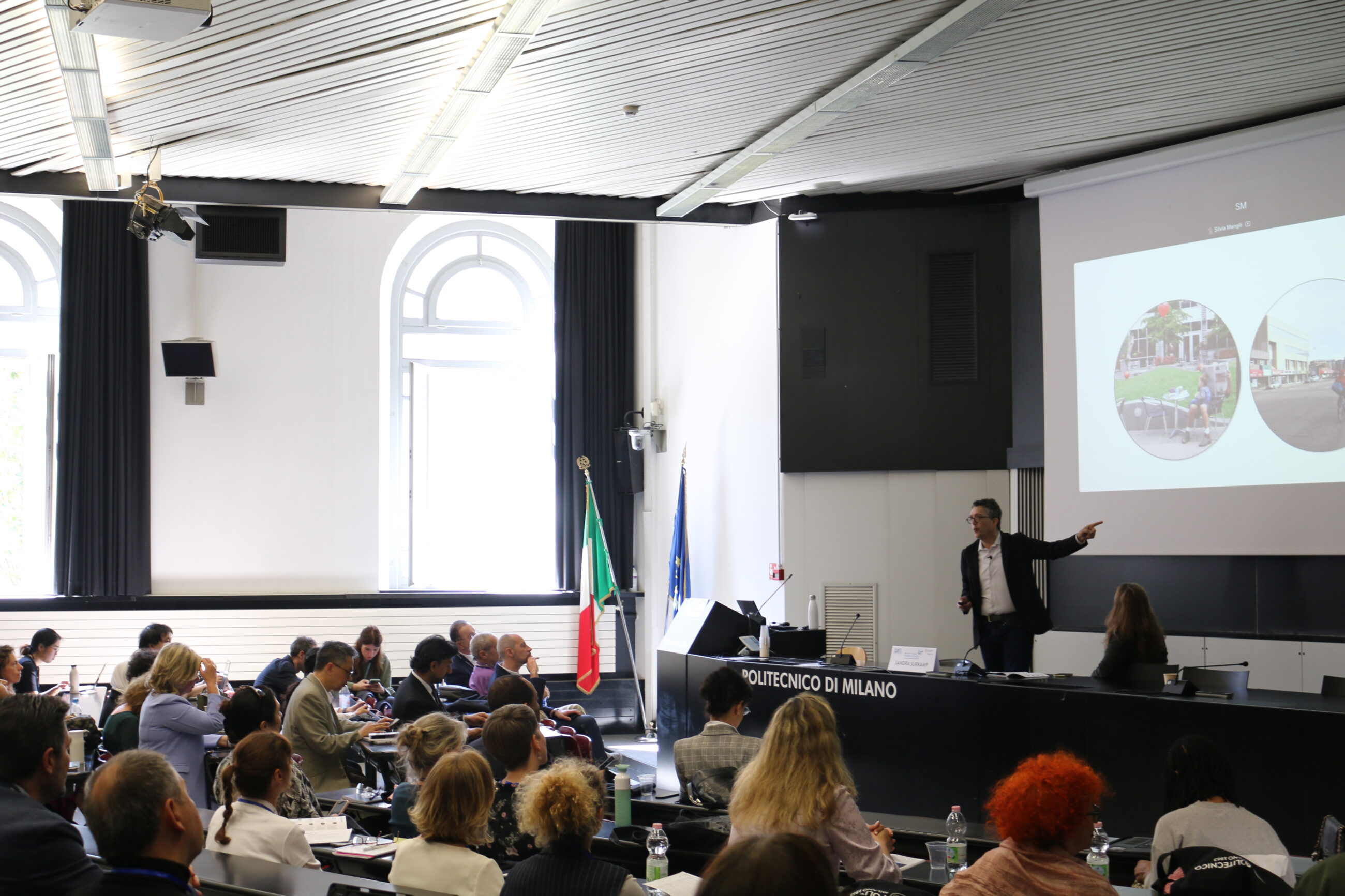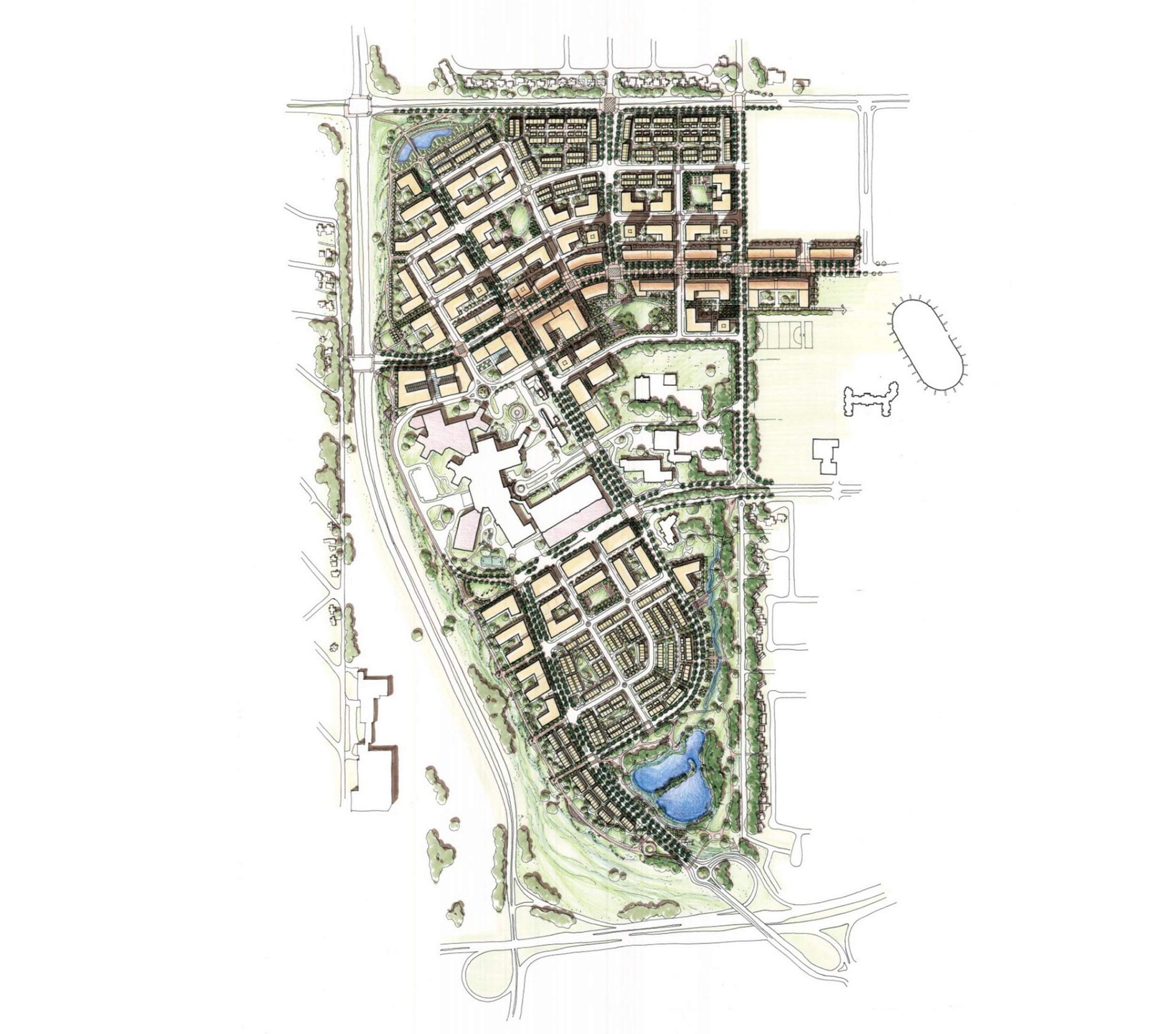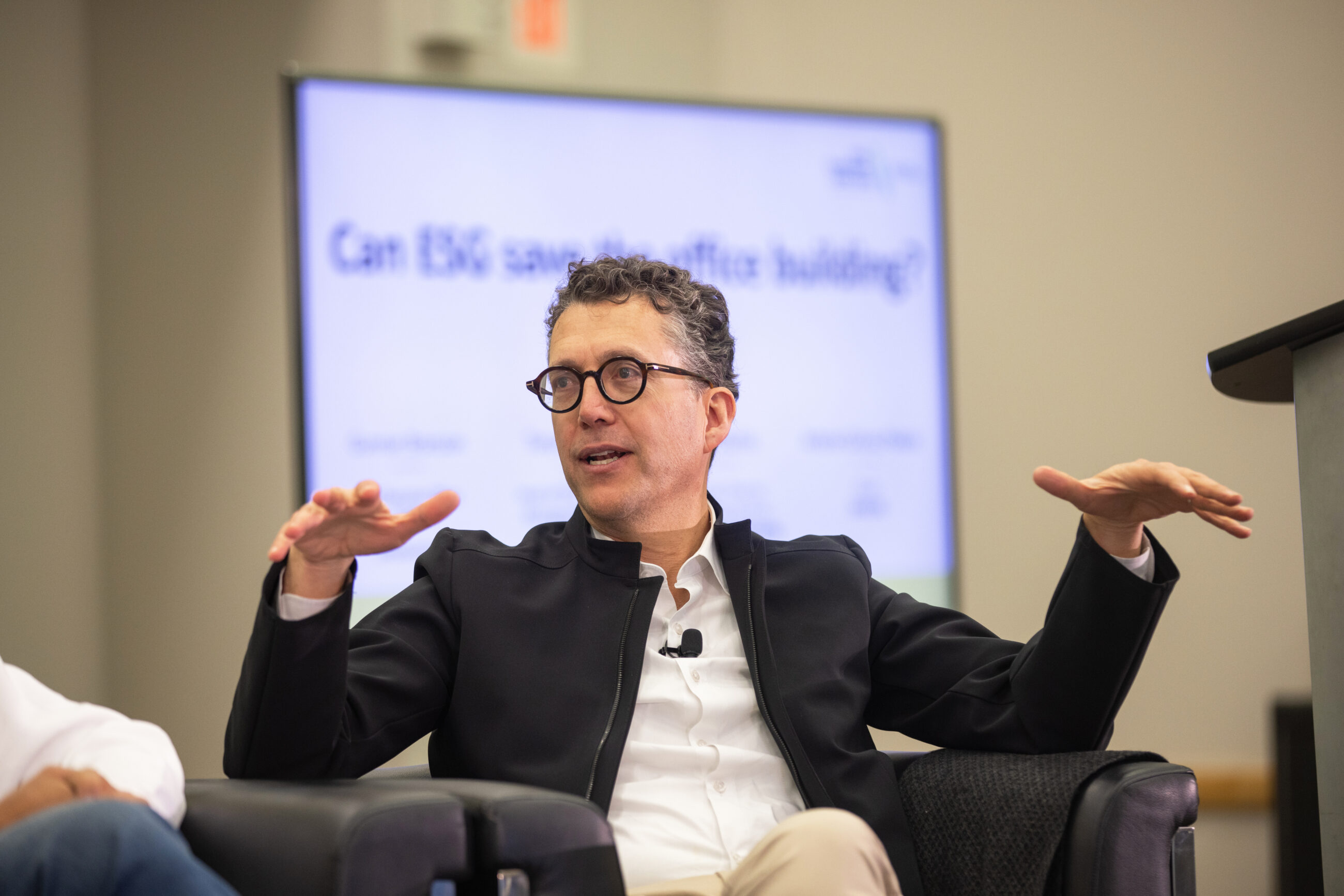DIALOG chair and partner, Antonio Gómez-Palacio, has been inducted into the Canadian Institute of Planners College of Fellows, one of five to receive this prestigious honour this year.
Fellowship in the Canadian Institute of Planners (CIP) is the highest honour the Institute can bestow upon a planner. This distinction recognizes excellence, prominent role models, showcases advances in the planning practice, and represents the leaders of Canada – with experience at a national or international level.
This distinguished achievement marks an exceptional accomplishment, as Antonio is one of few to have ever been recognized with both CIP and Royal Architectural Institute of Canada (RAIC) Fellowship.
Fellowship recognizes the outstanding contributions Antonio has made to planning throughout his career and celebrates exceptional professional accomplishments in public, private, and academic domains, as well as outstanding planning and community research, mentorship of aspiring planners, and community service and leadership in the profession.
Antonio, along with the other new Fellows, will be officially inducted into the College of Fellows at this year’s honours and awards ceremony during the CIP/APPI national planning conference on July 10 in Edmonton, Alberta.
As a partner and chair of DIALOG, and founder of the former Office for Urbanism, Antonio is committed to creating healthy places where people thrive. His work with cities, communities, and campuses have been recognized with many awards for planning and design excellence, and have inspired leaders to leverage the power of communities to achieve meaningful impact.
Antonio has been a champion of the Community Wellbeing Framework – an evidence-based methodology designed for community wellbeing. The Framework was the result of a two-year collaborative research initiative between The Conference Board of Canada and DIALOG to study the relationship between the built environment and the wellbeing of people. The Framework has been published for all to use freely so that communities, designers, and city builders can all access the Framework.
Antonio is regularly called upon by municipalities, developers, and professional associations to lead strategic conversation on how to deliver city-building objectives through public and private initiatives, and how the built environment can contribute to community wellbeing. He is a frequent speaker for conferences, expert panels, keynote presentations, workshops, and guest commentaries across Canada and internationally. He has presented on a wide range of topics from his research and professional work including housing affordability, city livability, climate adaptation, social equity, community wellbeing, heritage, transit, urbanism, and sustainability.
Antonio has led a transnational career spanning from Mexico City to Hong Kong to Canada. In recent years, he has led the planning frameworks for Light-Rail Transit projects in Mississauga, Brampton, Edmonton, and Hamilton, the creation of neighbourhood plans in Toronto, Vaughan, and Calgary, and campus master plans for post-secondary institutions in Toronto, Markham, King, and Sudbury.
As climate change ramps up, Antonio with DIALOG, in conjunction with the City of Toronto, Environment & Climate Change Canada, and Buro Happold, are undertaking a thermal comfort study – the first municipality in North America that’s ever looked at thermal comfort at this scale. This ongoing climate study is intended to provide citywide guidelines and recommendations for thermal comfort in the public realm and to guide new development in the city, with the focus of designing not only for right now, but for the future.
In addition to his professional practice and many award-winning urban and post-secondary campus projects, Antonio has participated in planning and design research and authored multiple publications and white papers, provided interviews, and served as a guest critic on a range of planning and design research areas, including multiple publications in Municipal World and the Ontario Planning Journal. He is active on several research and advocacy groups, including the Rethinking Rental Roundtable and the Planning Research Advisory Committee with CMHC-SCHL and the Advisory Committee for HealthyDesign.city.
Antonio’s work is characterized by an engaging and collaborative process, which deliver healthier, flourishing, complete communities, and design solutions to the many challenges faced globally – from climate change and equity to social wellbeing. Antonio continues to transform cities into vibrant urban places and is a passionate, influential voice that greatly enriches our communities.
Antonio holds a Master’s in Environmental Studies, Urban Planning, from York University, and studied Architecture at Universidad Iberoamericana in Mexico City.
Congratulations, Antonio, on this exceptional recognition, and thank you for being an instrumental contributor to the planning community.
Click here to learn about the other new CIP Fellows.
About CIP
CIP is a member-based organization for planning professionals across Canada and beyond. Members work in both the public service and the private sector, across fields such as land use planning, environmental resource management, land development, heritage conservation, social planning, transportation planning, and economic development. CIP advocates for planners and the priorities of the planning profession and offers a wide range of member services and career development opportunities, also working closely with Provincial and Territorial Institutes and Associations (PTIAs), which regulate the planning profession and govern the rights and responsibilities of their members.
